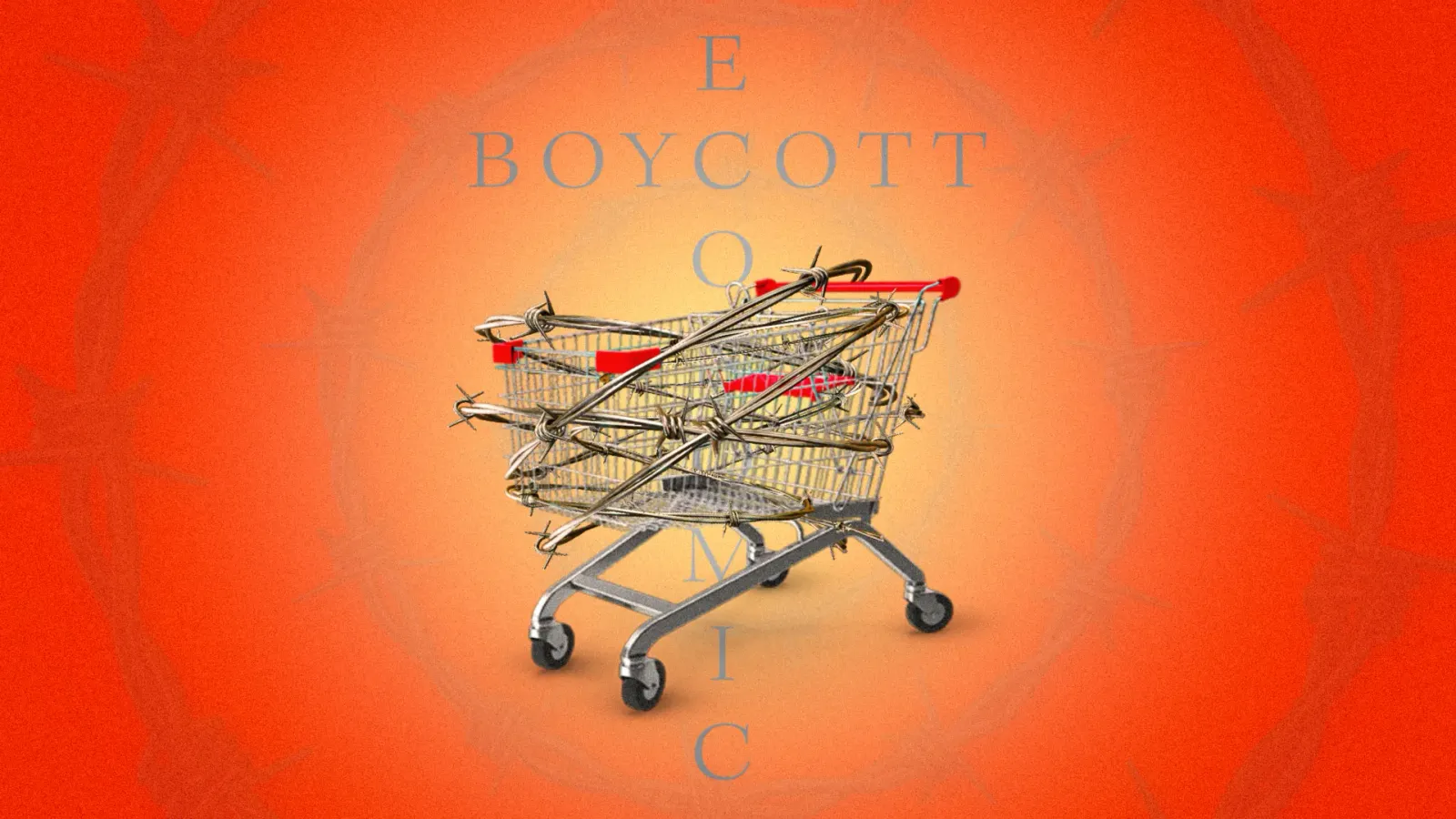İstanbul mayor Ekrem İmamoğlu’s detention on corruption and terrorism charges on March 19 sparked nationwide protests in Turkey, mainly led by university students.
İstanbul University students were the first to hit the streets on March 19, followed by students from other İstanbul and Ankara universities.
The demonstrations at METU (Middle Eastern Technical University) particularly stood out, as its students are known to not shy away from confrontation with the police.
The biggest inter-university student protest took place on March 25, with thousands marching in the Şişli district of İstanbul.
The only common ground among the Gen Z protesters is that some of them have nothing in common at all. People from different backgrounds and political views are taking to the streets solely for change.
Through their rebellion and creativity in every protest, Gen Z is revealing a fresh and new definition of what it means to be 'political.'
Now, they have found a new form of protest that might be more effective and widespread than taking the streets: an economic boycott.
A new form of protesting
The street protests were becoming increasingly violent and more than a thousand were arrested in a few days. Gen Z quickly realized the streets weren’t going to cut it, therefore came up with a creative way to target the government directly by slowing down the economy.
An economic boycott is defined as an attempt to encourage consumers to avoid purchasing certain products, services, or brands to achieve specific goals. A boycott aims to create economic pressure on the targeted party to bring about a specific change.
Özgur Özel, head of the main opposition party CHP, announced the economic boycott on March 23 after pressure from the public. He gave specific names of companies whose ties extend to government officials and supporters of the ruling party, AKP.
The companies include one of the largest coffee chains in Turkey EspressoLab, bookstores and numerous mainstream media outlets.
The owner of DBL Entertainment Group, Abdulkadir Ozkan, had to withdraw from operations after his criticism of Imamoglu and Ozel triggered negative reactions from the public.
Save the date!
An inter-university network has declared April 2 the day for a widespread boycott, not limited to the companies announced by Özel.
Students from Bogazici University and METU announced “We aren’t buying anything on April 2. We are using our economic means to stop consumption for a day. We have also stopped all activities on our campuses.”
Thousands on social media are sharing information about the boycott, which is estimated to have reached millions.
Gen Z is redefining the term “political”
First the streets and now the economy, Gen Z is at the forefront of all forms of protests. Their methods of organization and mobilization are more advanced than previous generations due to the age of technology they were born into.
They also struggle to connect with traditional parties and conventional forms of protests. Instead of following figures who will build a future for them, they want to build that future together hand-in-hand with politicians.
Often criticized for being apolitical, Generation Z continues to express itself by redefining what it means to be political. Whether it be through politics or the economy, there is always a platform to continue resisting.




